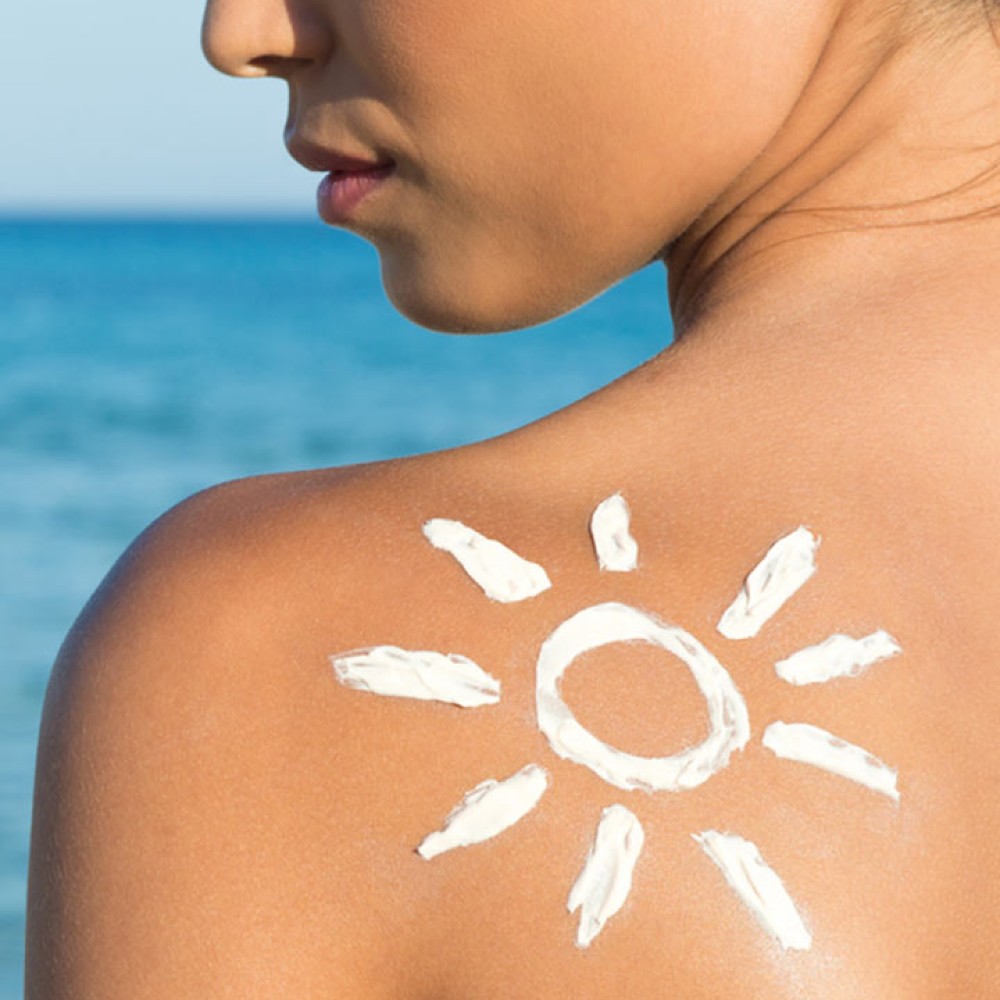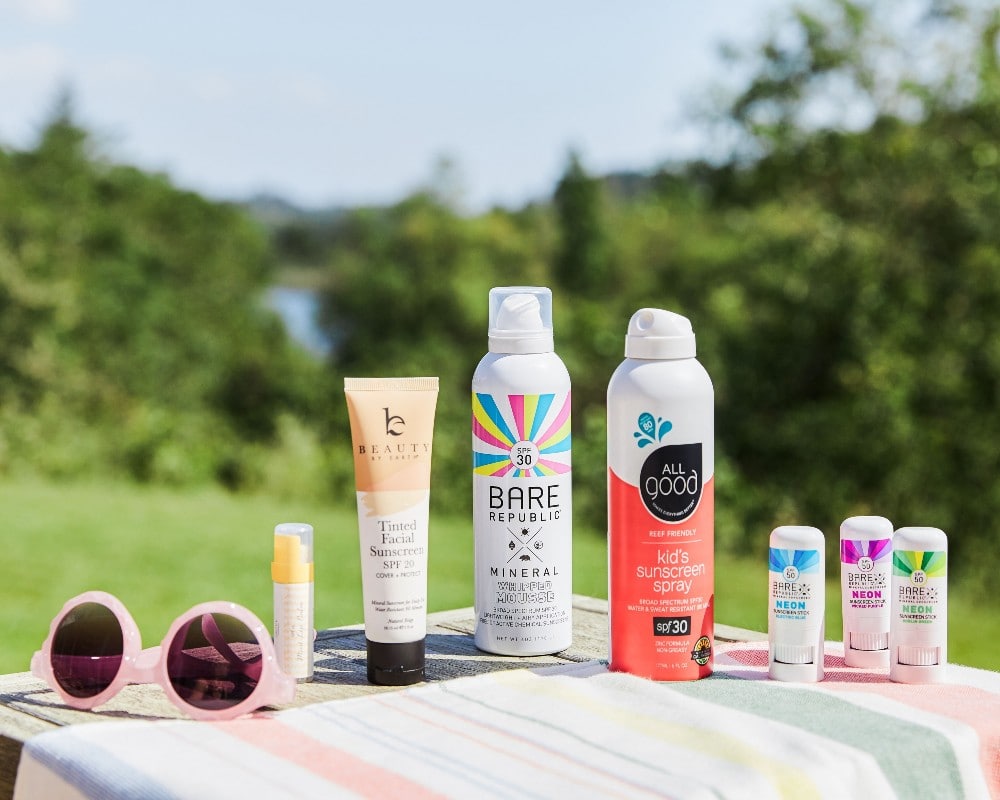
It is widely recognized that incorporating sunscreen into our skincare routine is absolutely essential. However, many individuals often either fail to apply sunscreen adequately or disregard it altogether. Here is a mini guide talking about the basics of SPF, the different types of sunscreens, and their respective uses.
The Necessity of Using Sunscreen
According to Dr. Rachel Maiman, a clinical instructor at Mount Sinai, a lack of sunscreen exposes the skin to photo-damage, which refers to changes due to UV damage. Unprotected skin absorbs UV light, leading to DNA alterations at a cellular level in the dermis, the skin’s deepest layer. Although it may take years for these damages to manifest visibly, they can eventually result in premature wrinkles, dark spots, uneven texture, and even skin cancer. Dr. Mainman emphasizes the importance of daily SPF usage, with a minimum SPF of 30, including indoors, as UV exposure isn’t solely linked to warm weather.
Chemical Sunscreen
It’s vital to select different SPF formulations to suit various activities, from daily use to water sports. Chemical sunscreens work like a sponge, absorbing the sun’s rays. The absorbed UV rays are then transformed into heat and released from the skin. Chemical sunscreens contain active ingredients such as avobenzone, oxybenzone, octocrylene, octisalate, octinoxate, and homosalate. They are typically more water-and-sweat resistant, making them ideal for active lifestyles and most skin types. These formulations are often cosmetically elegant, blending well into the skin without leaving a chalky residue. However, chemical sunscreen requires approximately 15-30 minutes to absorb into the skin and take effect.
Mineral Sunscreen

On the other hand, mineral sunscreen, also known as physical sunscreen, offers immediate protection upon application and acts as a shield by sitting on the skin’s surface and reflecting the sun’s rays. It contains zinc oxide and/or titanium dioxide, minerals that reflect light, potentially resulting in a white cast on the skin. However, advancements in mineral sunscreen formulations have addressed this issue, making it suitable for all skin types, especially sensitive skin.
Sunscreen for Acne-Prone Skin
When it comes to acne-prone skin, selecting a sunscreen that doesn’t irritate or cause breakouts is crucial. Dr. Maiman advises against chemical sunscreens for individuals with acne-prone skin due to potential sensitivity reactions to UV-blocking agents. However, modern sunscreen formulations offer options specifically designed for acne-prone skin. Patch testing beforehand is recommended to ensure compatibility.